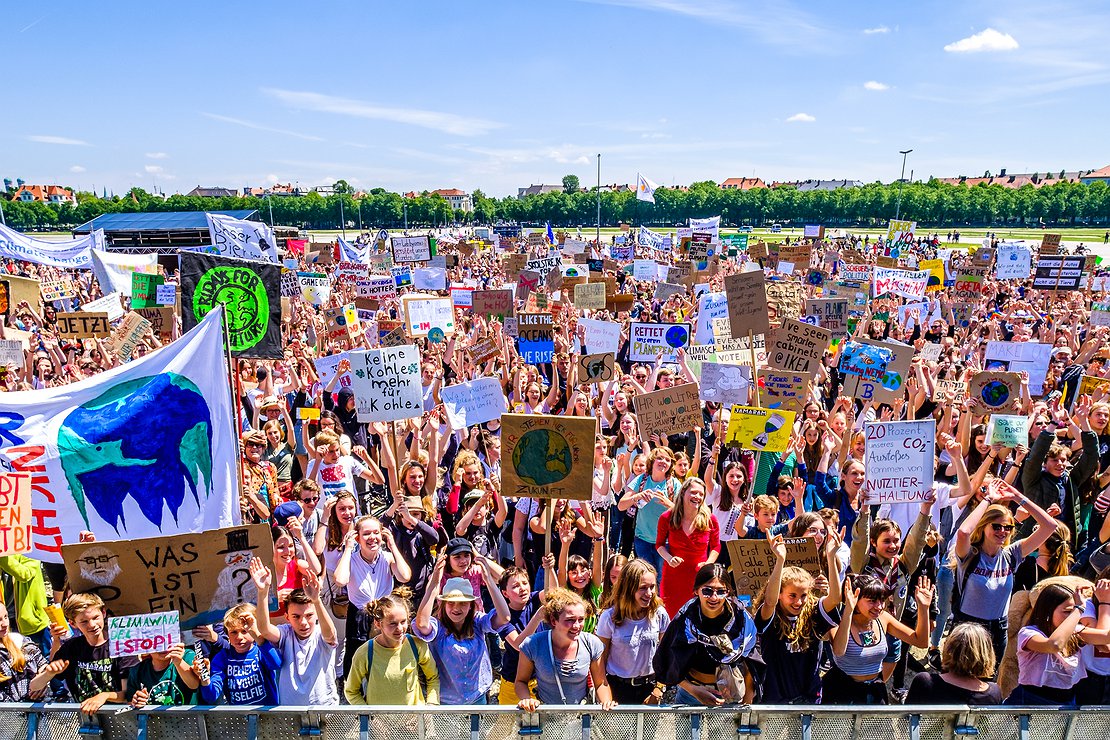
Civic anarchism:Brexit – What’s That All About?
With all the shrill to-ing and fro-ing about the time and modalities of the British withdrawal from the EU, my grandson recently asked me what this ‘Brexit’ actually was. I then tried to get to the heart of it, putting it as simply as possible.
Once upon a time in Europe there were many kingdoms, small and large, rich and poor, good and evil. Every so often they quarreled with each other and every so often they made peace. Once they waged a particularly terrible, worldwide war, because some of the larger empires wanted to be the very largest. But at some point this war came to an end, and the kings and their governments (in some countries they were simply governments without kings), exhausted by the struggle, promised each other that they would never fight each other again. But because governments can't help but wage war on others, from then on they shifted the focus of their belligerence to the interior of their countries. Instead of subduing other states, they began to subdue their own subjects more and more.
But the subjects did not want that at all. On the contrary, after all the deprivations of war that their governments had inflicted on them, they finally wanted to be free, to travel freely, trade freely and to settle wherever it suited them. But because this interfered with the subjugation strategy of the national governments, they joined together to form an international cartel of subjugation. As usual with cartels, they were outwardly sympathetically liberal and even claimed to promote freedom of movement. In fact, however, their sole purpose was to re-establish control at the supranational level that was slipping away from the individual states. This cartel changed its name several times, today it is called the ‘European Union’ or ‘EU’ for short and is extremely successful. It has built up a bureaucracy in Brussels that makes private individuals and companies feel they are subjects on a daily basis. And the EU cartel imposes particularly high fines when private companies dare to join forces in a cartel. The EU doesn’t like concentrations of power at all, except of course its own. It is therefore well on the way to becoming a rather totalitarian supranational state.
However, along this path an unplanned breakdown happened not so long ago. An incautious British head of government – for purely electoral reasons – came up with the idea of asking his subjects whether they actually liked the obstacles caused by the EU power cartel. Not really unexpectedly, they then said “No” and demanded the exit from the EU, the ‘Brexit.’ This, of course, was not in the interests of the power bearers, which is why they immediately replaced the incautious head of government with an opponent of the exit from the cartel. The latter's task is now to tackle the withdrawal in such a moronic way that as little of it as possible remains. And should a breaking away from the European power cartel nevertheless not be preventable, it should at least ensure that the national power center seamlessly jumps into the breach, with its own harassments, border controls and customs duties – to make sure after all that something like freedom doesn’t suddenly take a hold!
My grandson seemed to understand that.
Translated from eigentümlich frei, where the original article was published on June 10th 2019.




